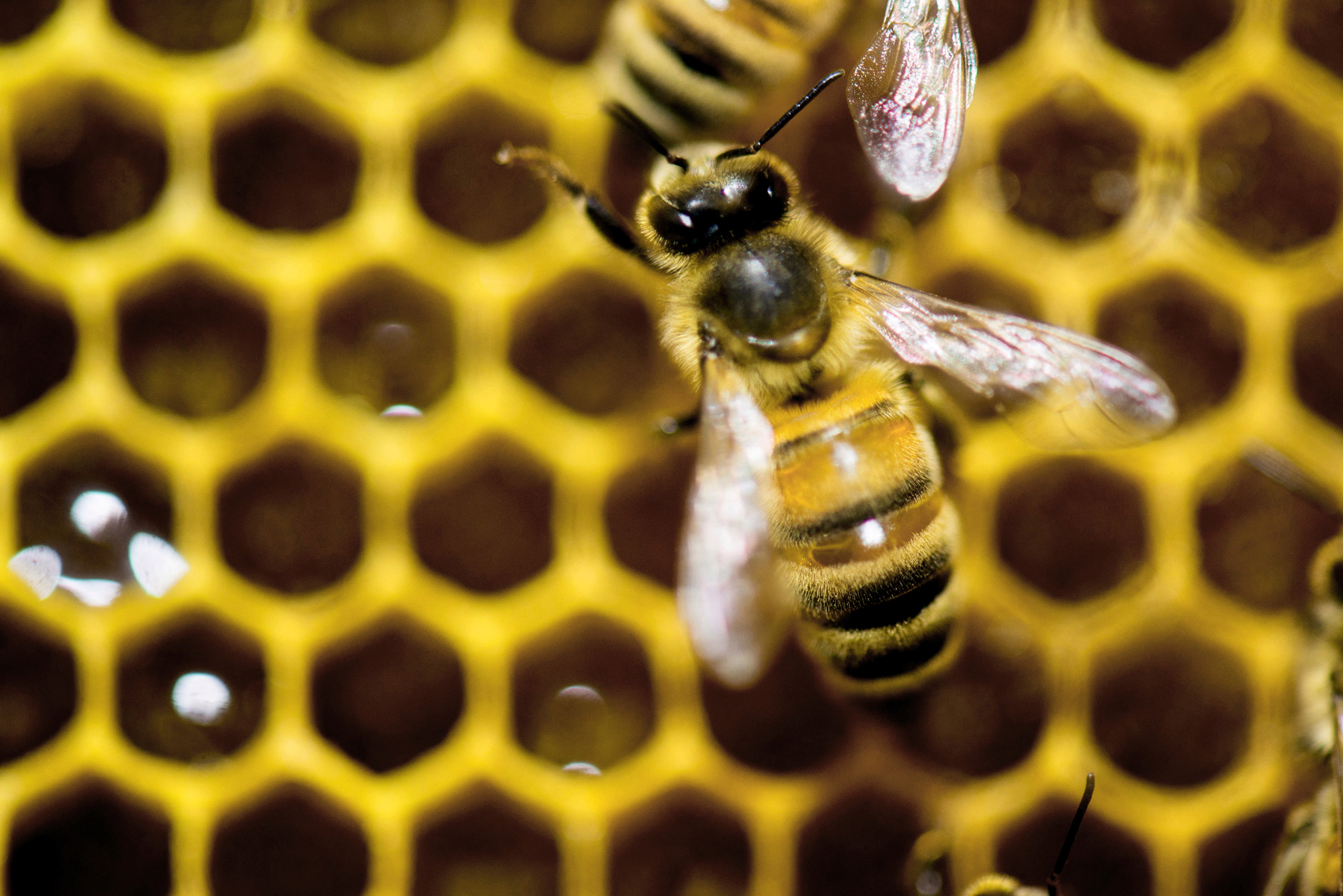Vermont governor vetoes bill to restrict pesticide that is toxic to bees, saying it's anti-farmer
Vermont’s governor has vetoed a bill to severely restrict a type of pesticide that’s toxic to bees and other pollinators

Vermont's Republican Gov. Phil Scott has vetoed a bill to severely restrict a type of pesticide that’s toxic to bees and other pollinators, saying the legislation “is more anti-farmer than it is pro-pollinator.”
The bill would have banned uses of neonicotinoids — commonly called neonics — as well as selling or distributing soybean and cereal grain seeds that are coated in the substance. The pesticides are neurotoxins and are the most widely used class of insecticides in the world, lawmakers have said.
The Democrat-controlled Vermont legislature may consider overriding the governor's veto during a special session next month.
“It’s hard to believe that the governor chose World Bee Day to veto this sensible legislation to protect bees and other pollinators from toxic pesticides while supporting farmers through a just transition to safer alternatives,” Paul Burns, executive director of the Vermont Public Interest Research Group, said a statement on Monday.
Vermont’s legislature passed the bill after New York Gov. Kathy Hochul signed what she described as a nation-leading bill last year to severely limit the use neonics in her state.
Scott wrote in his veto message that nearly all corn seed sold in the country is treated with EPA-approved neonics, and Vermont grows about 90,000 acres of corn while the U.S. grows 90 million acres.
“This would put Vermont farmers at a significant disadvantage,” he wrote, saying dairy farmers face rising costs and crop losses from the summer and winter floods, plus last’s year’s spring frost.
He suggested the state closely monitor and study the issue to protect both family farms and pollinators.
Scott is expected to veto a number of bills, saying there's a lack of balance in the Legislature that causes opposing perspectives and data to not be considered.
“This means some bills are passed without thinking through all the consequences, and therefore, could do more harm than good,” he said in a statement on Monday. “Due to the sheer number of bills passed in the last three days of the session, there are many that will fall into this category.”
Bookmark popover
Removed from bookmarks